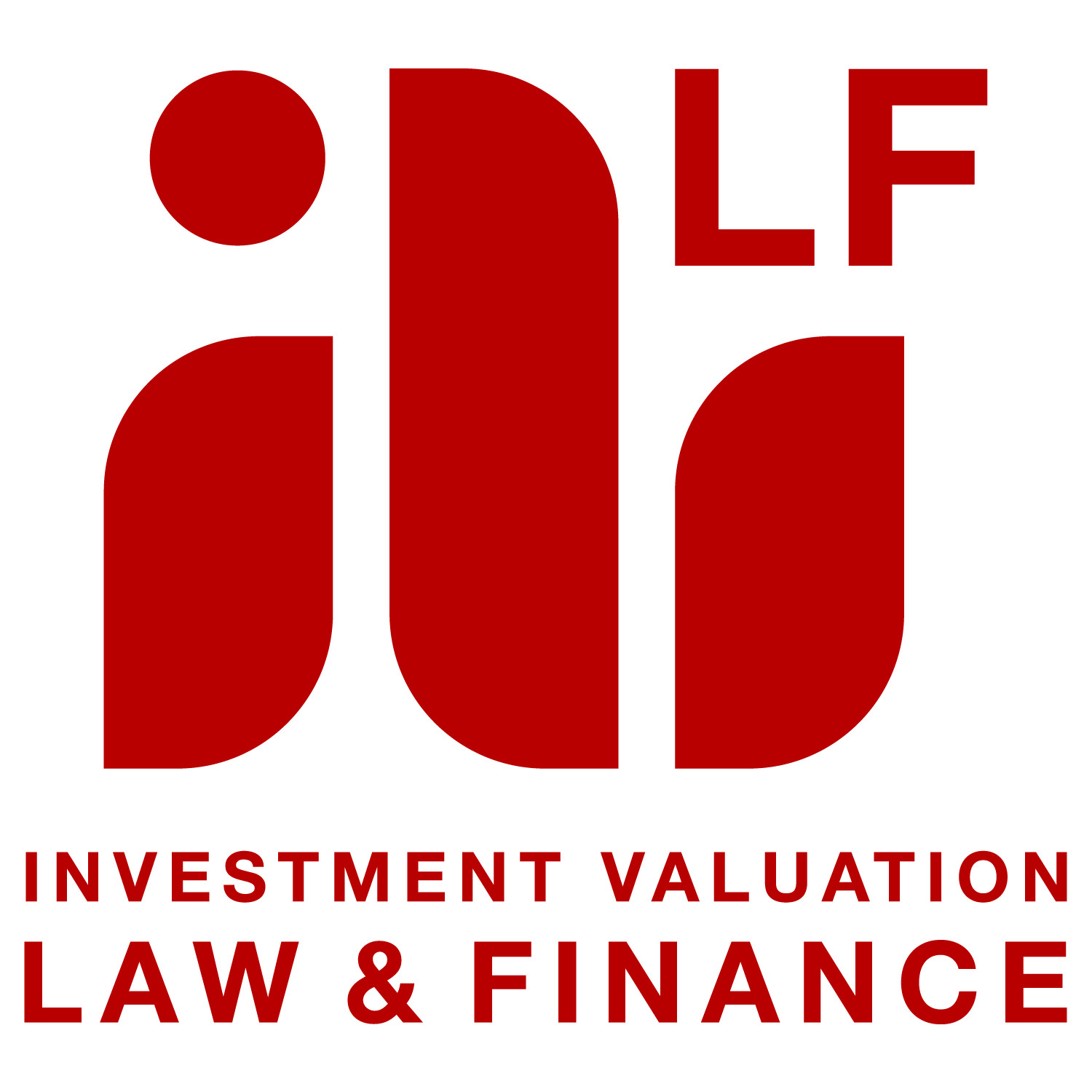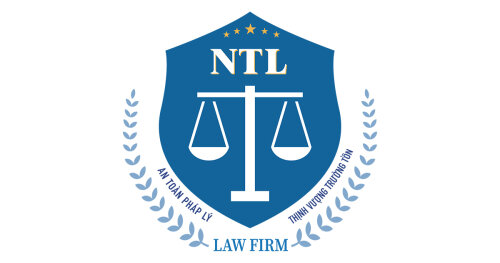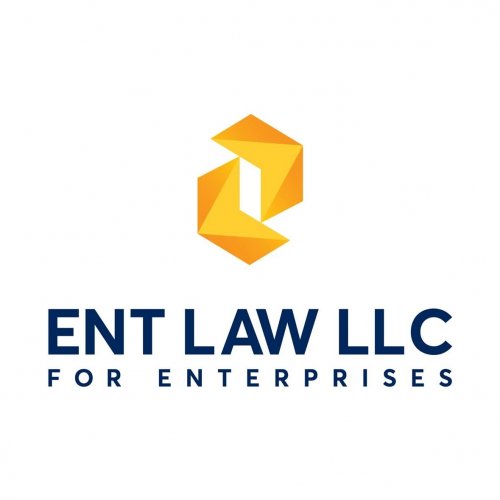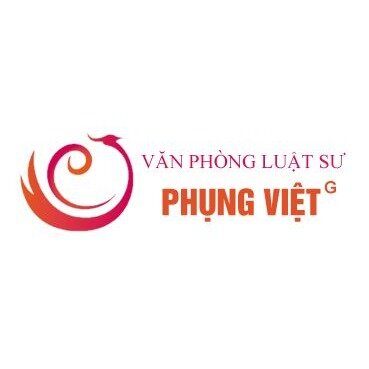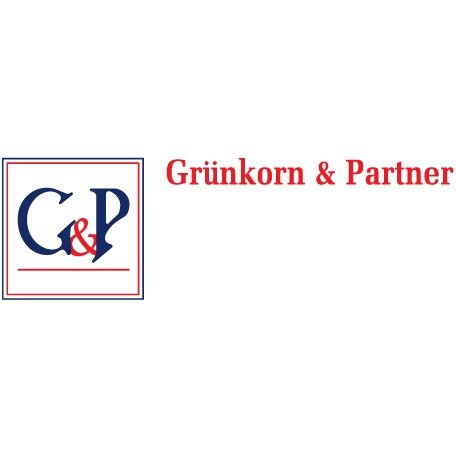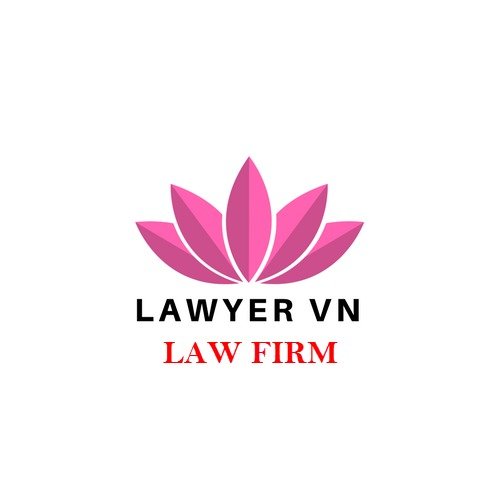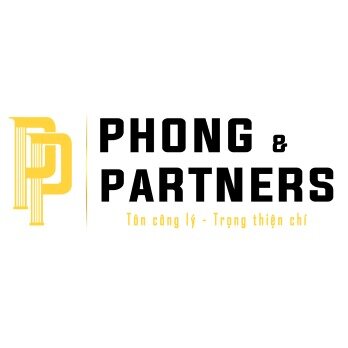Best Structured Finance Lawyers in Vietnam
Share your needs with us, get contacted by law firms.
Free. Takes 2 min.
Or refine your search by selecting a city:
List of the best lawyers in Vietnam
About Structured Finance Law in Vietnam
Structured Finance in Vietnam refers to a set of sophisticated financial instruments and transactions designed to help corporations, banks, and other entities raise capital, manage risk, and achieve business objectives. Common structures include securitization, syndicated lending, project finance, and asset-backed securities. Vietnam's financial markets have been evolving rapidly, with increasing demand for complex financing structures to support major infrastructure developments, corporate growth, and investment opportunities. Structured finance transactions in Vietnam are governed by a blend of local laws, regulations, and occasionally international standards, making it essential for participants to understand the unique legal and regulatory context.
Why You May Need a Lawyer
Structured Finance transactions often involve multiple parties, complex documentation, regulatory approvals, and significant financial risks. A lawyer's assistance is crucial in several situations, such as:
- Advising on transaction structure to remain compliant with Vietnamese law
- Drafting and negotiating financing documents, including loan agreements and security documents
- Ensuring proper due diligence for asset-backed transactions or securitization
- Liaising with regulatory authorities to obtain necessary licenses or approvals
- Resolving cross-border issues where foreign currency, foreign investors, or offshore entities are involved
- Managing risks related to default, insolvency, or restructuring
- Protecting the interests of investors, lenders, or originators throughout the life of the deal
Local Laws Overview
Several aspects of Vietnamese law are particularly important for Structured Finance transactions:
- Banking Law and Regulations: These set out the types of lending and investment activities allowed within Vietnam, along with licensing requirements for financial institutions.
- Securities Law: Governs public offerings, securities issuance, securitization, and disclosure obligations for market participants.
- Foreign Exchange Controls: Restrictions on foreign currency transactions, offshore lending, and repatriation of funds can impact deal structures involving foreign parties.
- Secured Transactions: Vietnamese law provides mechanisms for taking security interests over various types of assets, but registration and enforcement issues need to be carefully managed.
- Project Finance Regulations: Projects built under the build-operate-transfer (BOT), build-transfer-operate (BTO), and similar models are governed by specific laws.
- Tax Law: Special considerations may apply to interest, withholding tax, VAT, and transfer pricing in structured deals.
- Insolvency Law: The Law on Bankruptcy addresses creditor rights and asset enforcement in case of default.
Laws and regulations in Vietnam are dynamic. Guidance from a legal expert familiar with local rules and market practices is strongly recommended.
Frequently Asked Questions
What is the most common form of Structured Finance in Vietnam?
Syndicated loans and project finance structures are currently the most common. Securitization and asset-backed securities are emerging but less prevalent.
Can foreign investors participate in Structured Finance deals in Vietnam?
Yes, but there are restrictions on foreign ownership, foreign currency use, and repatriation of profits. Certain deals may require approval from governmental authorities.
Is securitization permitted under Vietnamese law?
While not explicitly defined in current law, securitization deals have been structured using existing legal frameworks. The market is expected to develop further as regulations are updated.
What are the key regulatory bodies for Structured Finance activities in Vietnam?
The State Bank of Vietnam (SBV), the Ministry of Finance, the State Securities Commission, and the Ministry of Planning and Investment all play oversight roles.
What types of security can be granted for structured finance transactions?
Security interests can cover real estate, shares, receivables, inventory, and movable property, but registration and priority rules are critical.
Do all structured finance deals need licensing or registration in Vietnam?
Not all, but most transactions involving public offerings, foreign investors, or certain types of collateral may require notification, regulatory approval, or registration.
Are there tax implications for structured finance arrangements in Vietnam?
Yes. Tax on interest, VAT, and potential transfer pricing issues should be carefully considered at the structuring stage.
How is default or insolvency handled in structured finance deals?
Vietnam has specific bankruptcy laws detailing priority of claims and enforcement procedures, but local court and registry practices can impact outcomes.
Are cross-border structured finance transactions common?
They are less common but growing, particularly in infrastructure and major corporate financings. Cross-border rules add complexity to the process.
How can legal risks in structured finance be minimized?
Working with experienced legal counsel, proper due diligence, sound documentation, and proactive coordination with regulators are essential steps.
Additional Resources
Individuals or organizations seeking further guidance on Structured Finance in Vietnam can consult or contact the following:
- State Bank of Vietnam: The central authority for banking activities, foreign exchange, and lending regulations
- State Securities Commission: Oversees securities issuance, investing, and public offerings
- Ministry of Finance: Regulates taxation, fee structures, and certain financial services
- Vietnam International Arbitration Center (VIAC): Provides alternative dispute resolution for financial disputes
- Vietnam Bar Federation: For legal referrals and guidance on retaining legal counsel
- Major commercial law firms: Many local and international law firms in Vietnam have strong structured finance teams
Next Steps
If you believe you may need legal assistance in relation to Structured Finance in Vietnam:
- Clarify your transaction objectives and gather essential documents related to the deal
- Identify the relevant areas where legal guidance is necessary, such as lending, securities, or cross-border investments
- Contact a reputable Vietnamese law firm with Structured Finance expertise
- Request an initial consultation to discuss your needs, regulatory requirements, and possible transaction structures
- Be ready to provide detailed information about parties involved, financing terms, and any specific concerns
- Follow your lawyer's guidance for regulatory filings, approvals, and documentation
- Continuously review compliance obligations throughout the life of the deal
Seeking professional legal support early in the process will help ensure your Structured Finance transaction in Vietnam is conducted efficiently, lawfully, and with appropriate risk management.
Lawzana helps you find the best lawyers and law firms in Vietnam through a curated and pre-screened list of qualified legal professionals. Our platform offers rankings and detailed profiles of attorneys and law firms, allowing you to compare based on practice areas, including Structured Finance, experience, and client feedback.
Each profile includes a description of the firm's areas of practice, client reviews, team members and partners, year of establishment, spoken languages, office locations, contact information, social media presence, and any published articles or resources. Most firms on our platform speak English and are experienced in both local and international legal matters.
Get a quote from top-rated law firms in Vietnam — quickly, securely, and without unnecessary hassle.
Disclaimer:
The information provided on this page is for general informational purposes only and does not constitute legal advice. While we strive to ensure the accuracy and relevance of the content, legal information may change over time, and interpretations of the law can vary. You should always consult with a qualified legal professional for advice specific to your situation.
We disclaim all liability for actions taken or not taken based on the content of this page. If you believe any information is incorrect or outdated, please contact us, and we will review and update it where appropriate.
Browse structured finance law firms by city in Vietnam
Refine your search by selecting a city.





